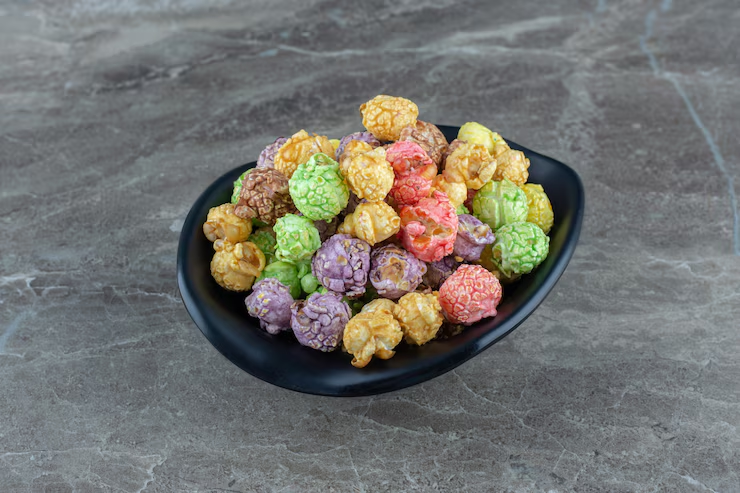THC candies have become popular among those seeking an alternative way to consume cannabis. These sweet treats offer a fun and discreet option for users while delivering the effects of THC. Understanding what THC candies are, their effects, and their safety is essential for anyone considering trying them.
As interest in cannabis products grows, so does the variety of available THC-infused candies. These products range from gummies to chocolates, each with different flavors and potencies. They provide a unique experience, but it’s important to know how they are made and the factors that influence their effects.
Consumers should consider the legality and health impacts of these candies, as regulations can vary by location. Proper storage and awareness of dosages are crucial for safe consumption. Exploring these aspects will help individuals make informed choices about using THC candies.
Key Takeaways
- THC candies provide a discreet way to consume cannabis.
- Understanding potency and proper dosage is important for safety.
- The legality of THC candies varies by region and affects availability.
What Are THC Candies
THC candies are edible treats infused with tetrahydrocannabinol (THC), the psychoactive component of cannabis. These candies come in various shapes, flavors, and strengths, appealing to diverse consumer preferences.
Definition and Basic Composition
THC candies consist mostly of sugar and flavored ingredients, combined with activated cannabis oil or concentrates. The amount of THC in each candy can vary, typically ranging from 5 to 10 milligrams per piece.
• Cannabis Oil: Extracted from the cannabis plant, this oil contains THC along with other cannabinoids.
• Sugar and Flavoring: These ingredients create the candy’s sweetness and taste, often resembling traditional sweets like gummies or hard candies.
The packaging usually states the THC dosage clearly, helping consumers manage their intake. Proper labeling ensures safe consumption and aids in understanding the product’s effects.
Different Forms and Types
THC candies come in many forms, each offering a unique experience. Common types include:
- Gummies: Chewy, fruity, and popular among users.
- Chocolate Bars: Combining chocolate with THC for a richer taste.
- Hard Candies: These provide a slow release of THC, lasting longer.
Some candies might include CBD, another compound from the cannabis plant, which can help with relaxation without the high.
Each type serves different preferences, whether someone seeks a quick effect or a gradual experience.
Legality of THC Candies
The legality of THC candies varies significantly across different regions. Factors include federal regulations in the United States, state-specific laws, and international laws governing cannabis products. Understanding these differences is crucial for consumers and sellers alike.
Federal Regulations
In the United States, THC candies are subject to federal regulations. The Controlled Substances Act classifies marijuana as a Schedule I substance, which means it is illegal at the federal level. However, the 2018 Farm Bill legalized hemp-derived products that contain less than 0.3% THC.
This means that products with Delta-8 THC, derived from hemp, may not fall under the same restrictions as traditional THC from marijuana. As a result, many companies have created edible products with Delta-8 THC. This creates a complex legal situation, as some states may permit these items while others do not.
State-Specific Legality
Each state has its own laws regarding THC candies, leading to a wide range of regulations. States like California and Colorado allow recreational marijuana and THC edibles, including candies. These states regulate the sale, packaging, and marketing of these products strictly.
Conversely, states like Texas and Idaho have stricter laws against both marijuana and THC candies. In these states, even hemp-derived THC products may be considered illegal. It’s essential for consumers to know the laws in their specific states to avoid legal issues. Checking with local authorities can provide clarity on what is permissible.
International Laws
The legality of THC candies also differs internationally. In countries like Canada, THC-infused edibles are legal and regulated under federal law. Canadian laws specify limits on THC content in edibles, similar to those in some U.S. states.
In contrast, many European countries maintain strict cannabis prohibitions. Countries such as France and Germany treat THC candies as illegal, regardless of their source. This situation creates challenges for international distribution and travel with THC products. Consumers must always research the specific laws of any country they visit.


